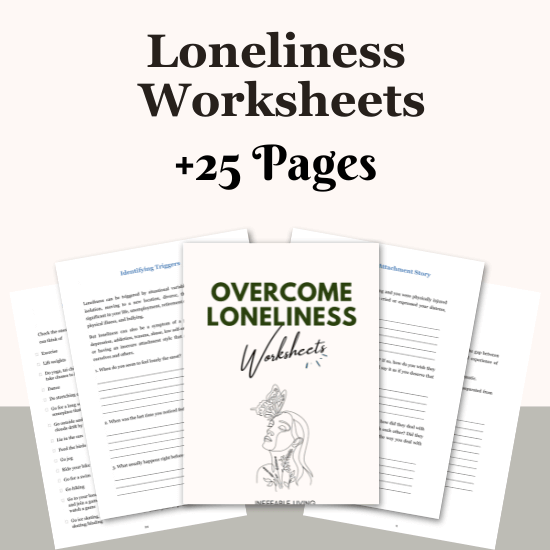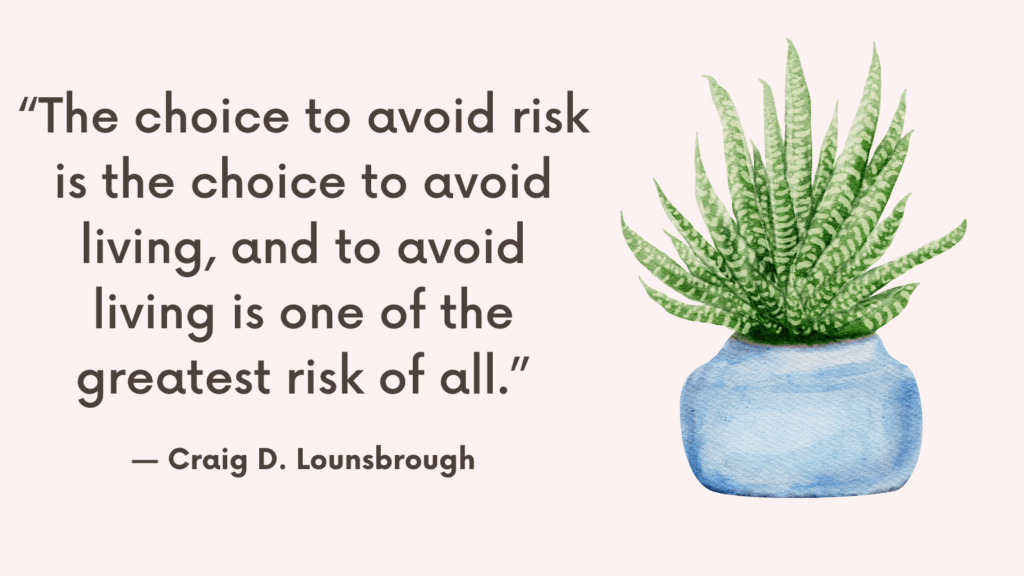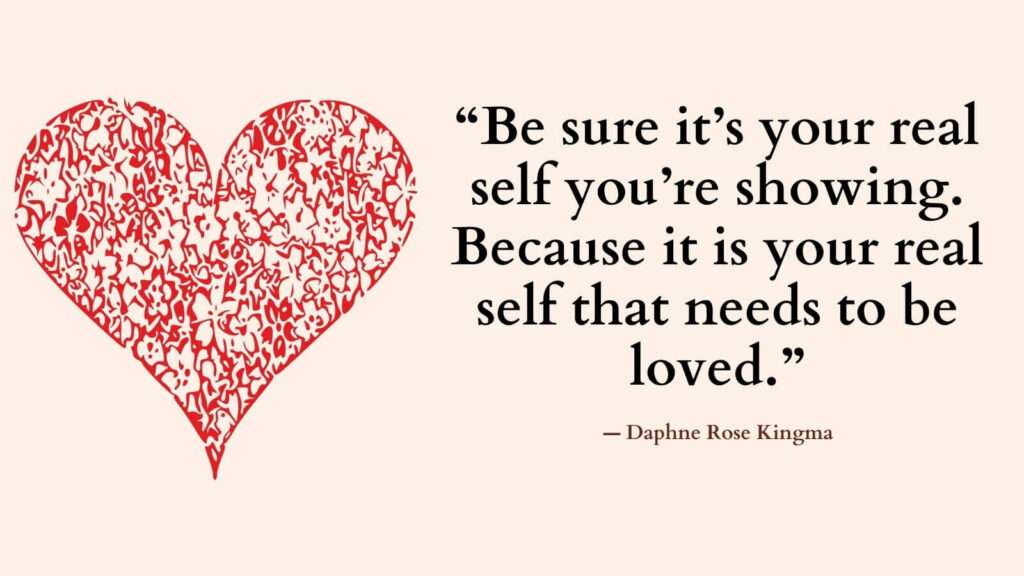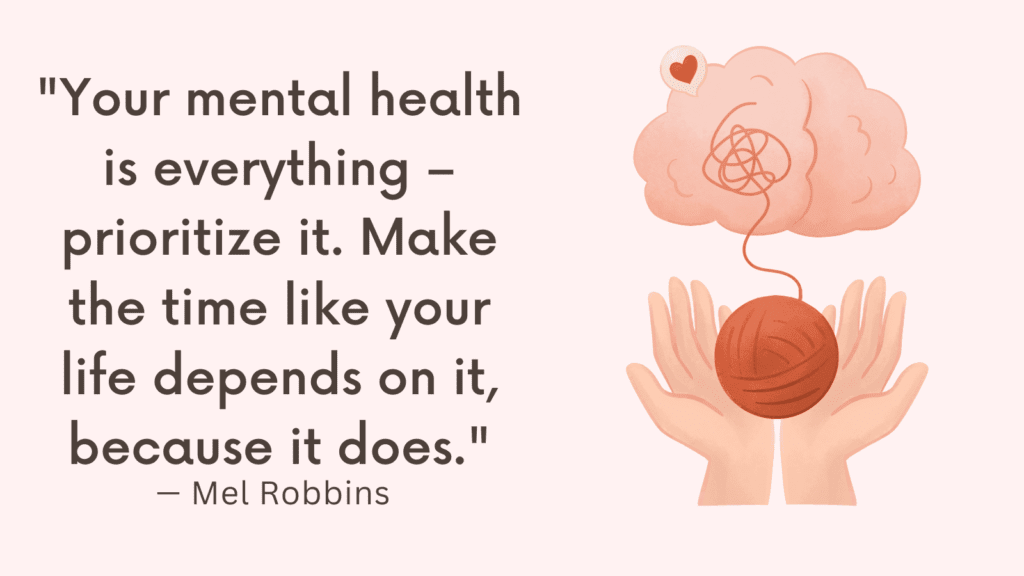Moving to a new city can feel like starting over—exciting on the outside, but quietly overwhelming on the inside. Without familiar faces or routines, it’s easy to feel disconnected, invisible, or even question the decision to move. But loneliness in a new place is a common and temporary experience. With time and intentional steps, you can build meaningful connections and feel rooted again. Here’s how to cope while you’re finding your footing.
Why Moving Triggers a Unique Kind of Loneliness
Surrounded but Unseen
Big cities are full of people, but that doesn’t mean they’re full of connection. You might pass hundreds of faces each day and still go home feeling invisible. The fast pace, emotional guardedness, and social fragmentation in large cities can make it hard to feel noticed, let alone known.
Everyone Seems Busy, So You Stay Quiet
City life often runs on schedules and hustle. People are rushing from one thing to the next, and casual connection can feel out of place. It can start to feel like everyone has a full life — except you. This perception keeps people from reaching out, reinforcing the silence.
New Identity, No Anchor
When you move to a big city, you’re often leaving behind your routines, roles, and relationships. Without those anchors, you may feel disoriented. You’re not who you were back home, but you’re not yet connected to who you’re becoming — and that space in-between can feel emotionally empty.
Related: Am I Lonely Quiz (+ Top 5 Tips To Overcome Loneliness)
Harder to Build Deep Connections
Big cities often have plenty of social opportunities — events, meetups, classes — but forming meaningful relationships takes time. Many people are transient, guarded, or focused on survival. You may meet people often, but struggle to go beyond surface-level interaction.
Comparison Makes It Worse
In big cities, it’s easy to compare yourself to others who seem more connected, more successful, or more confident. Social media and curated lifestyles amplify this, making your quiet, uncertain reality feel like failure — even though it’s completely normal.
How to Cope With Loneliness in a New City?
1. Normalize the Loneliness
Remind yourself: “This feeling doesn’t mean I made the wrong choice—it means I’m human.” Missing connection after change is natural. Don’t treat loneliness as a flaw—treat it as a signal.
2. Create a Familiar Routine
Stability combats emotional drift. Start a morning walk, visit the same café weekly, or end your day with a favorite playlist. Repetition creates comfort—and opens space for new connections to form.
3. Explore With Purpose
Choose one new spot to explore each week: a bookstore, library, local market, or quiet park. Being in new spaces builds a sense of belonging through presence—not just people.
Related: Living Alone For The First Time? Top 8 Tips to Cope
4. Join One Low-Pressure Group
Look for classes, meetups, or clubs that fit your interests—writing, yoga, hiking, board games. It’s easier to connect when you already have something in common to talk about.
5. Reach Out to Old Friends
Even if they’re far away, text or call someone you trust. Staying connected to your “people” elsewhere reminds you who you are, especially on hard days.
6. Start Small With Strangers
Make eye contact. Say hi to the barista. Ask a neighbor a casual question. You’re not trying to make best friends—you’re training your brain to feel safe connecting again.
7. Use Online Platforms to Find Local Events
Apps like Meetup, Bumble BFF, or Eventbrite can help you find local gatherings tailored to your interests. A shared experience is often less awkward than one-on-one coffee right away.
8. Practice Self-Compassion Over Social Pressure
If you’re not immediately thriving or surrounded by friends, that’s okay. Healing from loneliness starts with not judging yourself for it. Your timeline is your own.
9. Anchor Your Space With Comfort
Make your home a refuge. Add cozy lights, favorite scents, or framed photos. Feeling emotionally safe in your own space can soften the ache of external disconnection.
10. Volunteer or Help Others
Serving others builds instant meaning and connection. Look for local nonprofits, food banks, or community clean-ups. Sometimes the best way to feel less alone is to show up for someone else.
Related: 8 Tips on Overcoming Loneliness After the Death of Your Husband, Wife, or Partner

Conclusion
Loneliness in a new city doesn’t mean you’re failing—it means you’re in transition. Let this chapter unfold slowly, without rushing the need to feel “settled.” One day, without even noticing, the city will start to feel like yours. Until then, let every small connection remind you: you belong here too.



